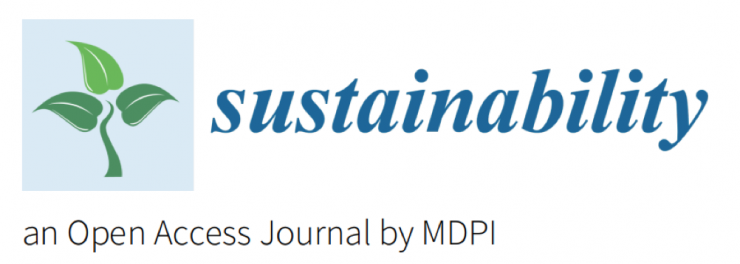A special issue of Sustainability (ISSN 2071-1050). This special issue belongs to the section “Hazards and Sustainability“.
Deadline for manuscript submissions: 30 June 2021.
Dear Colleagues,
Financial crises, pandemics, and environmental disasters always change important social, economic, territorial, and settlement dynamics. Important changes have to be faced during post-crisis periods in everyday habits and behaviors: ways of living, working, enjoying public spaces, spending free time, traveling, investing money, and looking for different kinds of services (mobility, touristic, etc.).
In these crucial situations, urban and rural contexts may react differently: On the one hand, established key drivers become inefficient and some economic sectors can be dramatically blocked or slowed, but on the other, new opportunities can emerge in different fields and change some critical conditions. New laws enacted by Governments and related consistent funding can concretely support actions and enhancement strategies to foster the reactivation of new economies and therefore represent new challenges for public and private actors.
The capability to react and adapt to new conditions represents an absolute strength, above all for the most vulnerable contexts such as inner areas: The more a territory is resilient, the more it is capable of transforming the crisis into a chance and a sustainable development opportunity.
The concept of urban and territorial resilience is widely studied in the literature, assuming different approaches. Nevertheless, a common assumption is that resilience is a driver which is capable of steering policies and investments of institutions, organizations, companies, and social groups.
Therefore, at the beginning of post-crisis periods, such as the current post-COVID-19 situation, it is crucial to monitor and analyze the socioeconomic transformations to address policies, support decision processes, and foster strategies and actions able to support the reactivation of economies and territorial dynamics.
Pivotal questions that can be addressed are:
- How are local economies changing?
- Are there new factors which are able to influence the real estate market, in terms of property values, transaction dynamicity, and housing typologies?
- Are there new factors which are able to influence consumer preferences?
- Which community networks, economic sectors, and services are becoming fundamental to foster territories’ attractiveness?
- How is the role of tourism changing (in terms of supply and demand)?
- Where is society addressing new needs and choices?
- How does the digital divide in inner territories affect resident population and local development?
- How can the elasticity of a territory be assessed?
- Are there innovation strategies which are able to foster territorial reactivation processes?
- How can cultural heritage be a key driver for territories’ sustainable development and local identity enhancement?
This Special Issue proposal aims to investigate how local governments and societies have reacted or are reacting to a critical situation, such as an economic or health crisis, by integrating multidisciplinary approaches to analyze the vulnerability and resilience of both urban and rural contexts and by highlighting redevelopment opportunities and weaknesses. All papers that provide research results, experiences, and applications on these topics are welcome.
Dr. Diana Rolando
Dr. Manuela Rebaudengo
Dr. Alice Barreca
Guest Editors













Add comment